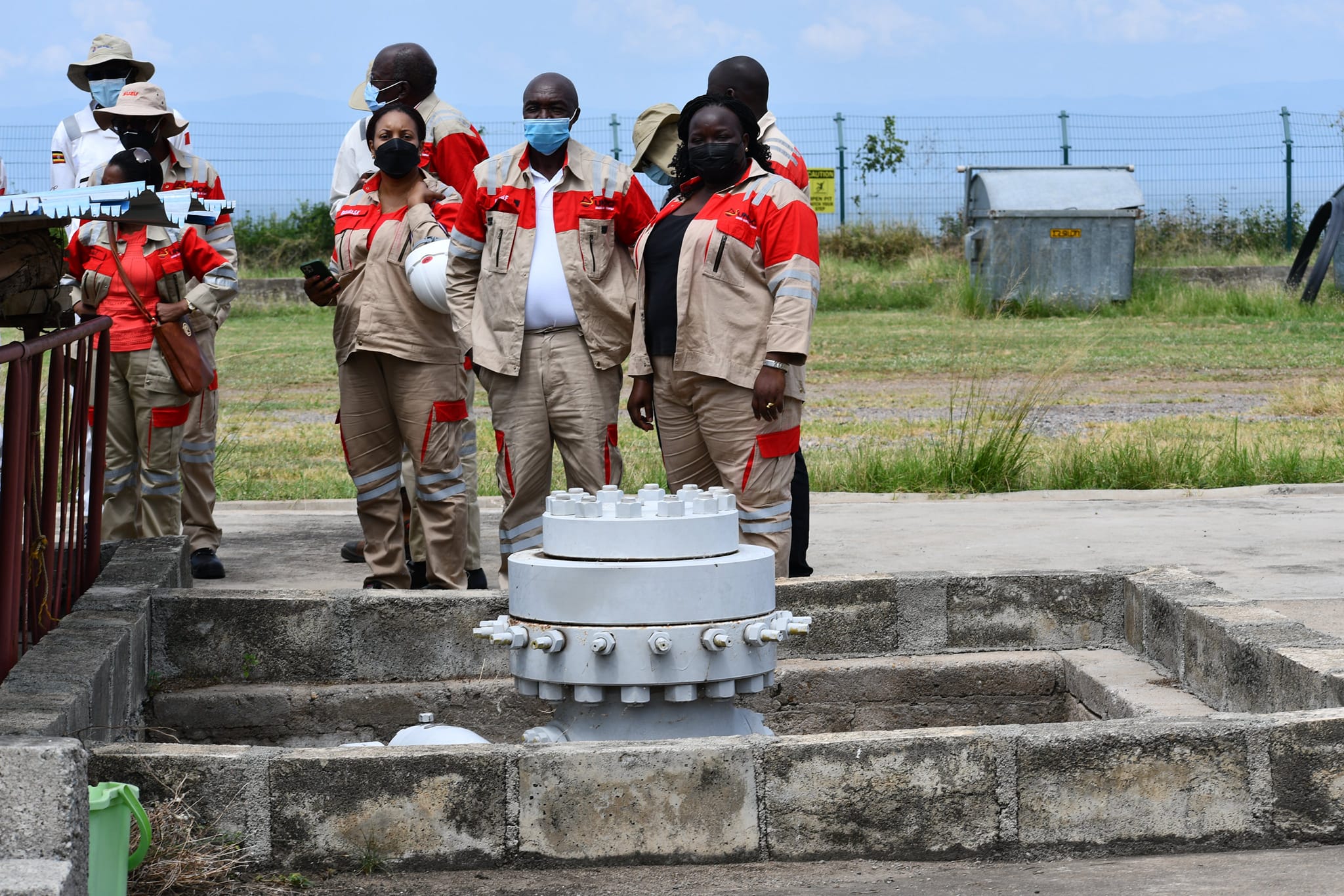Oil opportunities will come with risks, businesses must be aware

Whereas the oil and gas sector will come with a lot of opportunities, businesses must be aware of risks involved and set up necessary mitigation measures. PHOTO | FILE
Ugandans are searching for opportunities out of the recently signed $15b oil and final investment decision.
Unlike most multi-billion projects, local firms have an opportunity to participate in the oil sector through the award of contracts and the promotion of the national content promoted by Uganda Chamber of Mines and Petroleum (UCMP) in conjunction with the Petroleum Authority of Uganda (PAU).
The target is to achieve first by 2025 and UCMP has indicated contracts worth more than $600m out of the $3.9b for the Tilenga and Kingfisher projects have already been committed to Ugandan companies.
A significant set of investments such as the Tilenga in Buliisa and Nwoya districts (about $4b), Kingfisher in Hoima and Kikuube districts (about$1.5b) and the East African Crude Oil Pipeline (EACOP) (about $3.6b), have already been unlocked into the economy, in addition to support infrastructure such as Hoima International Airport (over $500m) and two sets of 700 kilometres of oil roads worth more than $500m and $900m, respectively.
By the end of the development phase, Uganda’s gross domestic product will be significantly boosted through sectoral linkages approximated at $9b.
In the upstream sector, opportunities will manifest in different activities of exploration-survey such as geological mapping, rock sampling, rock analysis seismic shooting, exploration-drilling, development and production.
In the downstream sector, activities will include refining, storage and distribution, marketing, and retail, while in the midstream, supply and trading, shipping and transportation, import and export facilities will be major activities.
However, where there are great opportunities, there is an even higher proportion of risks.
As you prepare your business to leverage the opportunities presented by oil and gas, it is important to understand the ‘risks involved’ and ‘how to manage them.
For instance, the Piper Alpha oil rig disaster that occurred on July 6, 1998 in UK is by far the deadliest offshore oil rig accident in history. An article by The Guardian, reported that 167 of the 228 workers lost their lives.
Before the incident, Piper Alpha was once Britain’s biggest single oil and gas producing platform, delivering more than 300,000 barrels of crude a day - around 10 percent of UK’s total oil output.
A lack of communication at a shift-change meant staff were not aware that they should not use a key piece of pipework, which had been sealed with a temporary cover and no safety valve.
“Gas leaked out and ignited while firewalls that would have resisted fire on an oil platform failed to cope with the ensuing gas explosion,” reads an extract of the story.
The disaster led to insurance claims of around $1.4b, making it the largest insured man-made catastrophe at the time.
Opportunities verses risk
Therefore, whereas the oil and gas sector comes with great opportunities for Uganda, it also comes with risks, which range from property damage to employee health, mechanical failure, or human injuries and environmental damage caused by natural hazards, among others.
There is need for companies to fully understand the magnitude of risk operating in the oil and gas sector brings, and therefore devise insurance structures to protect their investments.
Companies in all tiers of contracting ought to understand the importance of insurance, so that they can pinpoint the appropriate insurance cover.
UAP Old Mutual has drawn on our track record in Nigeria, one of the world’s biggest oil producers to build critical insurance policies, among which include Group Personal Accident, machinery breakdown insurance, among others.
The oil and gas sector is a high-risk environment, especially for workers who operate machinery and heavy-duty processes.
It is important to protect such employees on and off the job through the Group Personal Accident, which covers staffs against accidental loss of life or disability arising out of an accident while on duty or pleasure on a 24-hour basis.
Building required policies
Additionally, the oil and gas sector is characterised by mechanised production processes.
This calls for a policy such as machinery break down insurance that broadly covers loss due to all forms of accidental, electrical, and mechanical breakdowns because of internal and external causes.
However, companies should also look at the possibility of underwriting an insurance policy that is comprehensive in nature that covers accidental physical loss or damage to specified items as a result of any cause, which is not specifically excluded from the policy.
The policy safeguards against losses caused by fire and theft, explosions, natural calamities such as floods, storms, earthquake, landslides, rockslides, land subsidence, riot and strikes, malicious damage.
The above are only, but a snippet of the insurance policies you could take up to protect your investments, employees, partners, and stake holders, as you prepare for the Oil and Gas sector opportunities.
Ms Carolyne Tayebwa, is UAP Old Mutual Insurance business development manager




